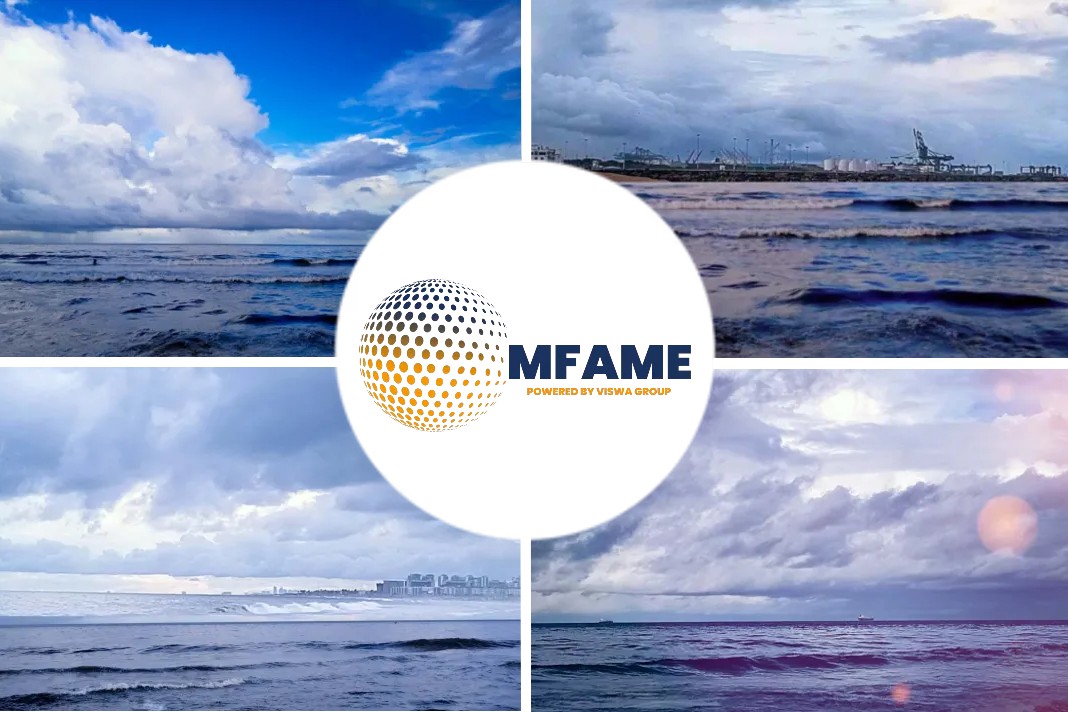- Open loop scrubbers use seawater to remove sulphur emissions and then pumped back into the sea as liquid emissions.
- Concerns have been raised about the concurrent effect of the technology on water quality at sea.
- CSA 2020 urges that the industry must not lose sight of the reason behind the global sulphur cap and the effect sulphur oxide emissions has on human health.
- Marine EGCS are the best way to reduce shippings’ environmental impact by preventing air pollution whether a ship is at sea or in port.
- The European Sea Ports Organisation (ESPO) supports prompt and harmonised action on the basis of scientific evidence on the part of the EU.
The Clean Shipping Alliance 2020 (CSA 2020) has begun a campaign to stop port authorities from banning open loop scrubbers on ships, says an article published in Governmenteuropa.eu.
Working of open-loop scrubbers
Open loop scrubbers use seawater to remove sulphur emissions and other noxious substances from exhaust gases released by ships. This enables vessels to comply with the International Maritime Organisation’s (IMO) target of reducing the sulphur content of shipping fuel to 0.5 per cent by 2020.
Pollutants removed by the scrubbers are treated and then pumped back into the sea as liquid emissions.
What are the raised concerns?
The use of scrubbers is largely beneficial in terms of reducing air pollution.
But concerns have been raised about the concurrent effect of the technology on water quality at sea.
EGCS the best way to prevent pollution
CSA 2020 Chairman and Vice-President of Carnival Corporation Mike Kaczmarek said: “The industry must not lose sight of the reason behind the introduction of the global sulphur cap and the effect sulphur oxide emissions has on human health. Marine exhaust gas cleaning systems are the best way of reducing shipping’s environmental impact by preventing air pollution whether a ship is at sea or in port.”
Harmonised action based on scientific evidence
The European Sea Ports Organisation (ESPO) has issued a statement supporting “prompt and harmonised action on the basis of scientific evidence” on the part of the EU.
Isabelle Ryckbost, Secretary General of ESPO, said: “Water quality is a great priority for European ports being continuously in the annual Top 10 of European ports’ environmental priorities.”
“The scrubber discharges into the water is currently triggering different approaches and measures in the EU Member States. It is important to start the discussion at international level on the possible impact of these discharges as soon as possible in an open and transparent way, using the evidence available. This must lead to a more coordinated global approach to the issue, if possible. With the upcoming IMO 2020 sulphur cap, the issue is becoming a priority.”
Did you subscribe to our daily newsletter?
It’s Free! Click here to Subscribe!
Source: Governmenteuropa.eu
















